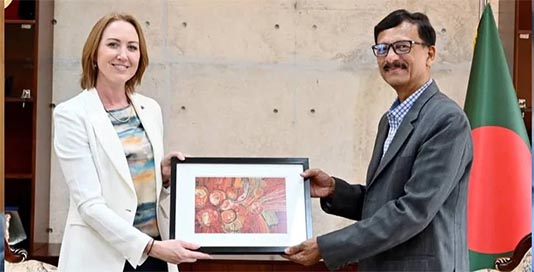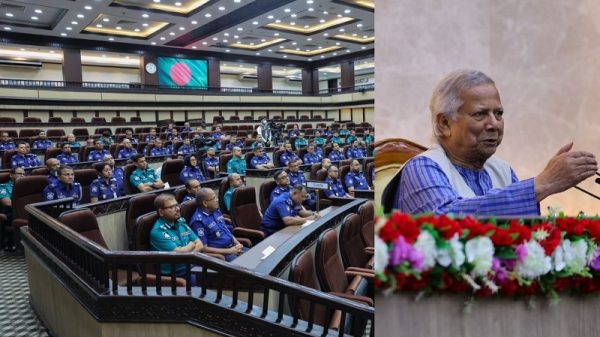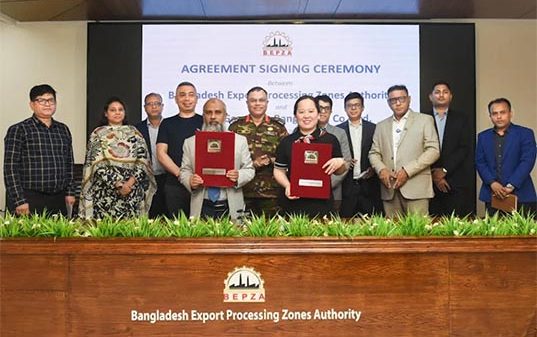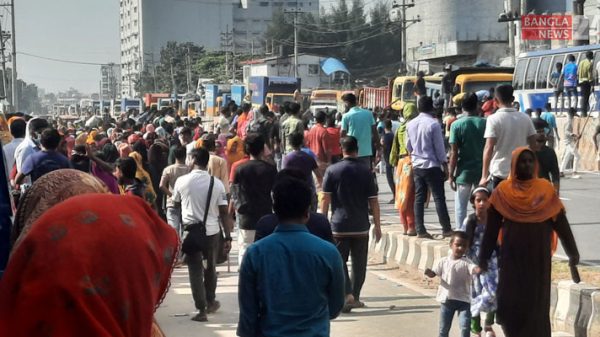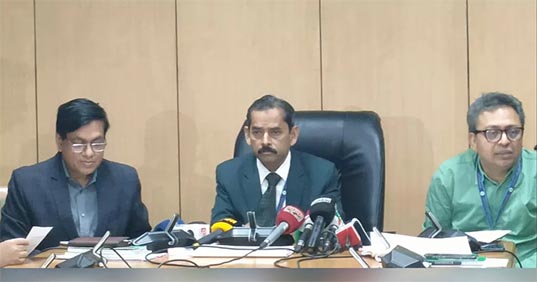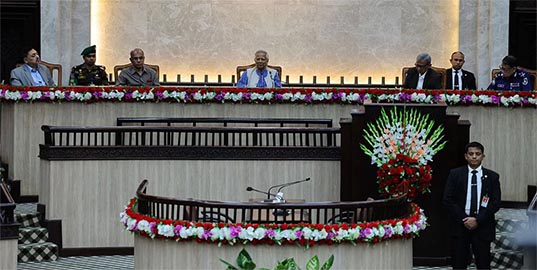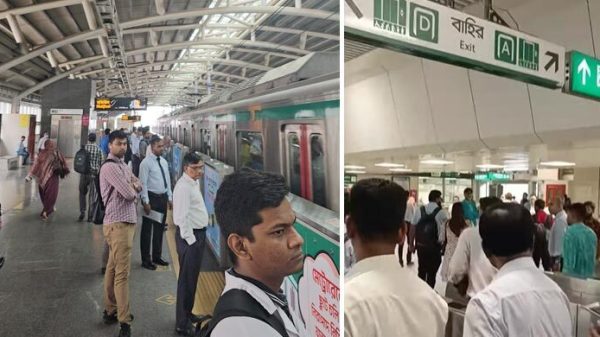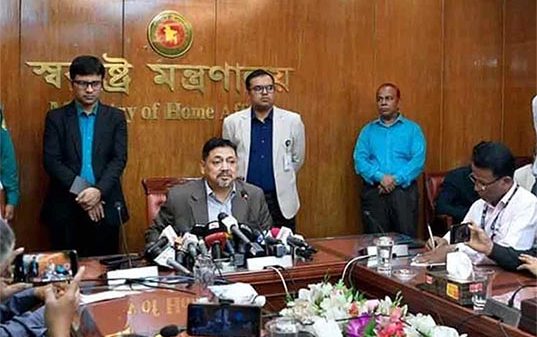If Bangladesh falls into ‘middle-income trap,’ it won’t achieve goal of becoming a developed nation by 2041: Salman F Rahman

- Update Time : Tuesday, 12 September, 2023, 02:02 pm
- 141 Time View
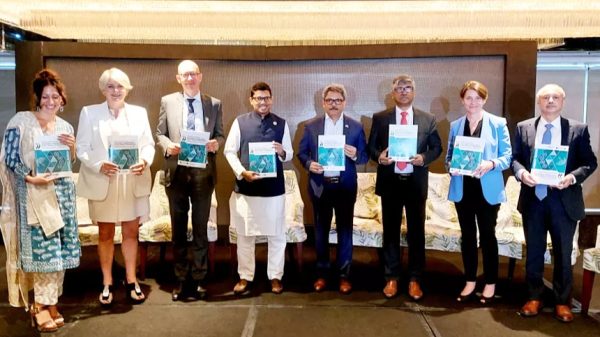
Online Desk: Highlighting tremendous success achieved over the last 15 years, Prime Minister’s Adviser Salman F Rahman on Tuesday laid emphasis on joint efforts to address the challenges ahead to avoid the middle-income trap. “If we fall into the middle-income trap, we will not be able to achieve our goal of becoming a developed nation by 2041,” he said at a report launching ceremony at a city hotel.
The report, titled “Production Transformation Policy Review of Bangladesh: Investing in the Future of A Trading Nation”, was unveiled jointly by State Minister for Foreign Affairs Md Shahriar Alam, State Minister for ICT Zunaid Ahmed Palak, European Union Ambassador to Bangladesh Charles Whiteley, Director of OECD Development Centre Ragnhelour Elin Arnadottir, FBCCI President Mahbubul Alam, and Bangladesh Competition Commission Member Hafizur Rahman.
Prime Minister Sheikh Hasina delivered special (video) remarks at the event. Speaking at the opening session, Salman said there is a great risk after Bangladesh graduates from LDC status, if the challenges that come with the graduation are not addressed. He said the devaluation of taka and increase of energy and commodities’ prices have wreaked havoc on the Bangladesh economy like other economies in the world.
The adviser laid emphasis on domestic revenue mobilization, modernizing the tax collection system with wider tax net and, diversification of exports. “There is a huge potential to diversify in the textile sector,” he said. Salman said Bangladesh needs to attract more domestic and foreign investment and there are efforts to do more in terms of easing doing business here.
On the climate front, he said the international community needs to do more to address the challenges. He said the political stability in the country over the last 15 years helped Bangladesh achieve many things. Ambassador Whiteley said the report marks a very remarkable collaboration which has made many useful recommendations. He said the share of RMG is now much higher and there is potential to have diversification within the RMG sector. The report highlighted the importance of FDI into Bangladesh.
According to report, Bangladesh needs to modernize its policy approach and it identified five priorities for policy reforms: fostering innovation, managing openness and regional integration, institutional streamlining and modernization of cutting red-tape, and updating the regulatory framework. The report suggested that Bangladesh needs a shift from price-led competitiveness model to a quality and innovation model to continue succeeding.
The study “Production Transformation Policy Review of Bangladesh – Investing in the future of a trading nation” was coordinated by OECD Development Centre in collaboration with UNCTAD, and discussed its key policy recommendations in the presence of the Private Industry and Investment Adviser to the Prime Minister of Bangladesh and other key stakeholders. The study’s findings show that, half a century after independence, Bangladesh has achieved impressive progress.
The country has transformed from one of the poorest nations into a global textile manufacturing hub and it is capable of meeting its medical needs almost entirely through domestic pharmaceutical production. Bangladesh will graduate from the LDC category in 2026 and aspires to be a high-income nation by 2041. Meeting these objectives and addressing lingering challenges – such as climate change or boosting resource mobilisations – requires accelerating economic transformation through diversification and innovation, it said.

